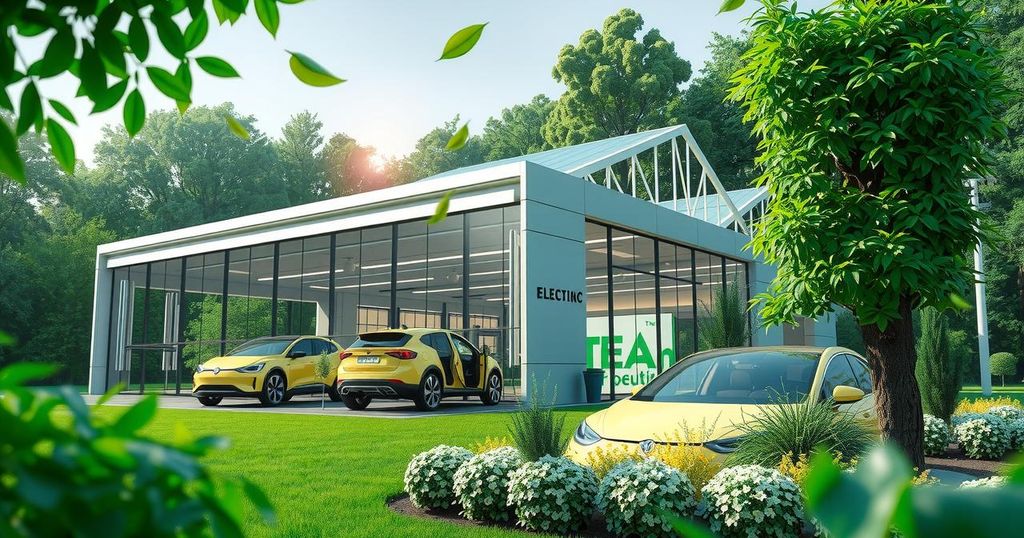South Africa has allocated R1 billion to support local production of electric vehicles and batteries, aiming to attract R30 billion in private investment. The government intends to transition the automotive industry to include more electric vehicles by 2035, underpinned by a regional critical minerals strategy. This initiative is expected to strengthen South Africa’s position as a leading automotive hub in sub-Saharan Africa.
The South African government has committed R1 billion to promote local production of new energy vehicles (EVs) and batteries. This initiative, announced by the national treasury, aims to boost related manufacturing projects in the country, which stands as the largest automotive manufacturing hub in sub-Saharan Africa, featuring major brands like Toyota, Ford, and Mercedes.
The automotive sector industry advocates for government incentives and policy changes, believing these will lead to increased investment by original equipment manufacturers in electric vehicle production. To facilitate this transition, South Africa published its Electric Vehicles White Paper in 2023, establishing a roadmap to shift from internal combustion engine vehicles to a diverse mix, including EVs by the year 2035.
In its budget review, the treasury highlighted a collaborative effort between the departments of trade and industry and mineral resources, aimed at creating a regional critical minerals strategy. However, specific timelines for implementation were not disclosed. Key minerals such as copper, cobalt, and lithium are essential for producing electric vehicle batteries and solar panels, forming a critical aspect of the global energy transition.
R1 billion is allocated over the medium term to an industrial development support program designed to enhance investment and participation in infrastructure within targeted manufacturing sectors, including automotive production. The treasury noted, “The purpose of the incentive is to enhance the local production and assembly of new-energy vehicles, batteries, and projects focused on operational efficiency and competitiveness in new manufacturing projects.”
This initiative is projected to attract R30 billion in private sector investments, signifying significant potential for industrial growth in South Africa’s EV market.
In conclusion, South Africa’s strategic investment of R1 billion to support local EV and battery production showcases a commitment to transforming its automotive sector. The initiative aims to entice significant private sector investment and ensure the country plays a pivotal role in the global shift toward renewable energy sources, ultimately striving for a more sustainable transport ecosystem by 2035.
Original Source: techcentral.co.za




